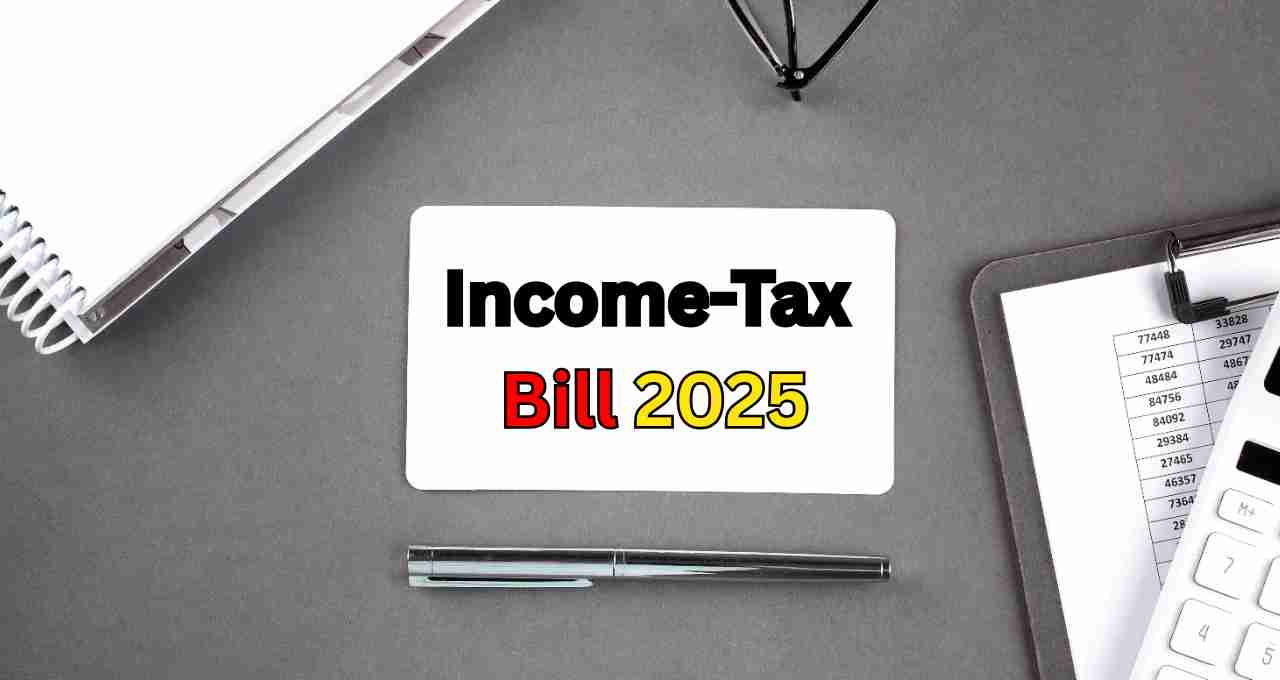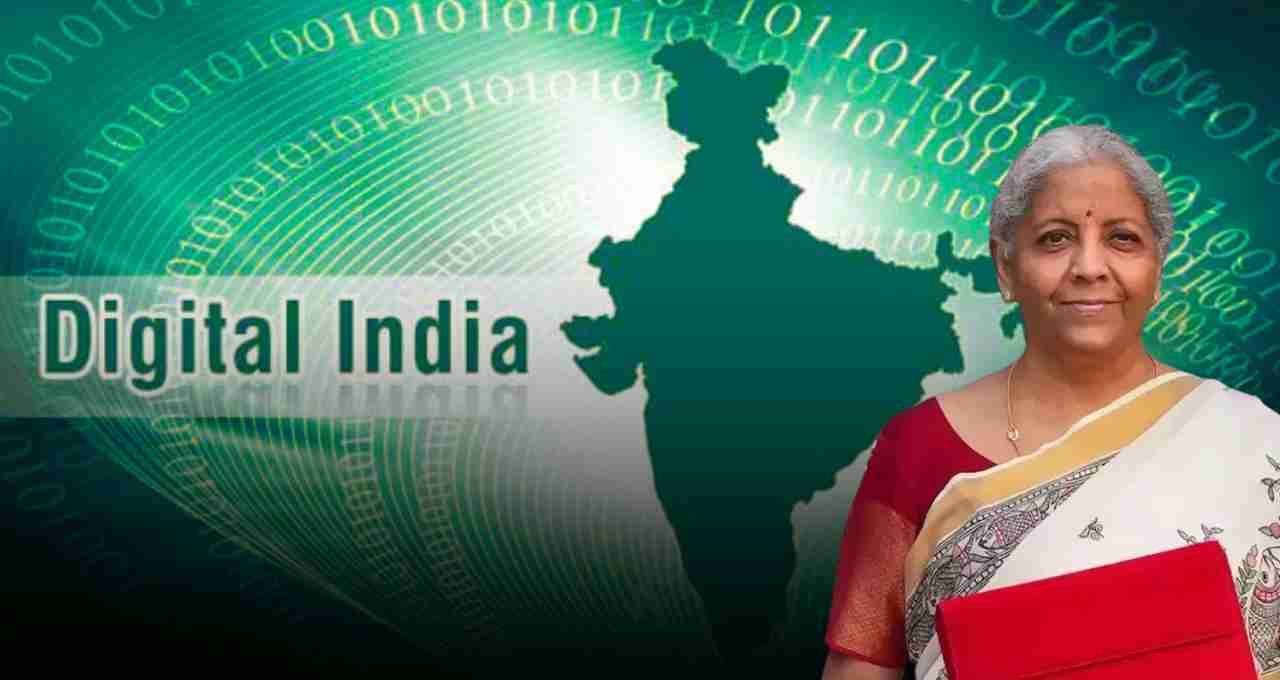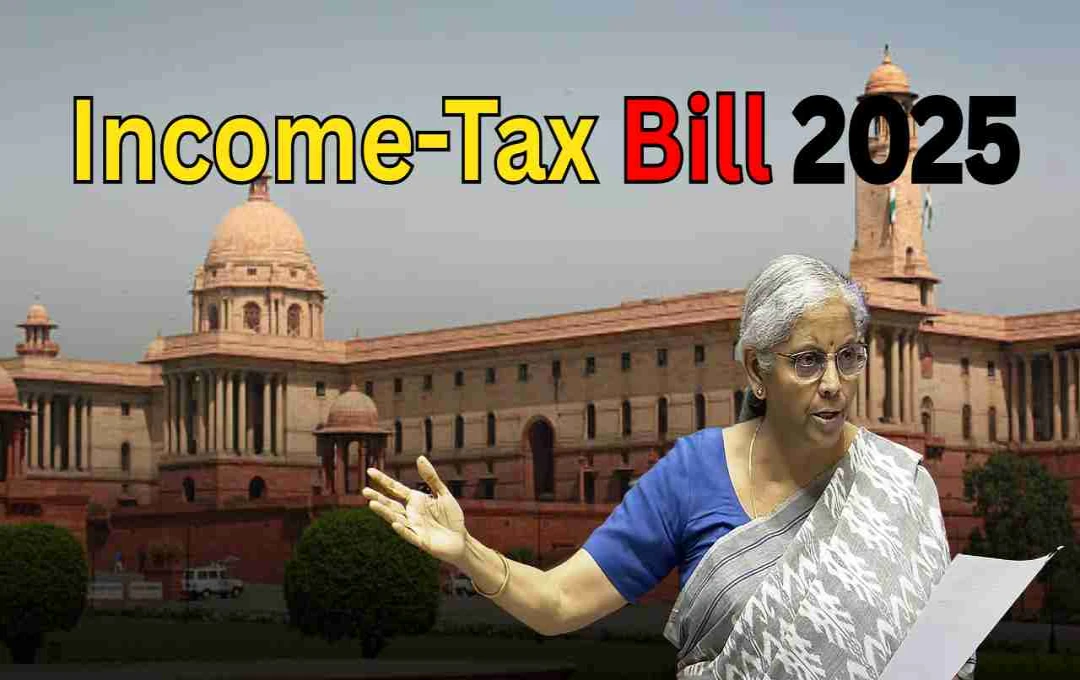Finance Minister Nirmala Sitharaman has withdrawn the Income Tax Bill 2025 from the Lok Sabha. This decision was taken following the report of the Select Committee, which recommended amendments. A new, updated, and integrated version of the bill, replacing the old law of 1961, will now be presented in Parliament on August 11.
Income-Tax Bill 2025: Finance Minister Nirmala Sitharaman formally withdrew the Income Tax Bill 2025 in the Lok Sabha on Friday, August 8. This step was taken after the report of the Select Committee, chaired by BJP MP Baijayant Panda, which recommended reconsideration of several provisions of the bill. The revised and integrated draft will now be presented in Parliament on August 11, set to replace the old Income Tax Act of 1961.
Why was the Income-Tax Bill 2025 withdrawn?

The Income Tax Bill 2025 was originally presented in Parliament on February 13. Subsequently, the government referred it to the Select Committee to gather extensive suggestions from various stakeholders, experts, and parliamentarians. Following this process, the decision was made to withdraw the earlier draft and present a comprehensive and revised bill to avoid any confusion and present a clear proposal before Parliament.
Recommendations of the Committee Incorporated
The 31-member Select Committee, chaired by Baijayant Panda, submitted its report after extensive study and consultation. The report included several significant suggestions aimed at making the tax system more transparent, digitally enabled, and taxpayer-friendly. It has been reported that most of the recommendations have been included in the new draft.
Key Changes in the Income-Tax Bill
The following main changes have been made in the revised Income Tax Bill:
- Religious non-profit organizations (NPOs) will continue to receive the same tax exemptions on anonymous donations as before.
- Trusts running institutions like schools or hospitals along with religious and social activities will have to pay tax on anonymous donations.
- Taxpayers will be able to claim TDS refunds even after the last date for filing returns without any penalty.
- The new version of the bill will modernize the tax system according to the needs of the digital age.
Another Step Towards Digital India

The government aims to make India's tax system digital and technology-enabled through this revised bill. The objective behind this change is to simplify the tax compliance process and promote e-governance. The government believes that the traditional tax structure is no longer suitable for the digital age.
Emphasis on Transparency and Taxpayer Convenience
The panel's report stated that the tax system should be made transparent and taxpayer-friendly. Under this, tax return filing will be simplified, tax clearance rules will be implemented digitally, and the system will be simplified through a single tax code.
Old Law to be Abolished
After the revised bill is passed, it will completely replace the Income Tax Act, 1961. This law, which has been in force since 1961, is now old and irrelevant in many respects. Therefore, preparations are being made to replace it with a contemporary and practical law that will not only be technologically advanced but will also take into account the needs of the common citizens.
Preparation for Presentation in Parliament
The revised draft will now be presented in the Lok Sabha on August 11. After this, it will be placed for discussion and debate in both houses. It is expected that this time the bill may be passed with relatively less opposition, as most of the amendments have been suggested unanimously.













